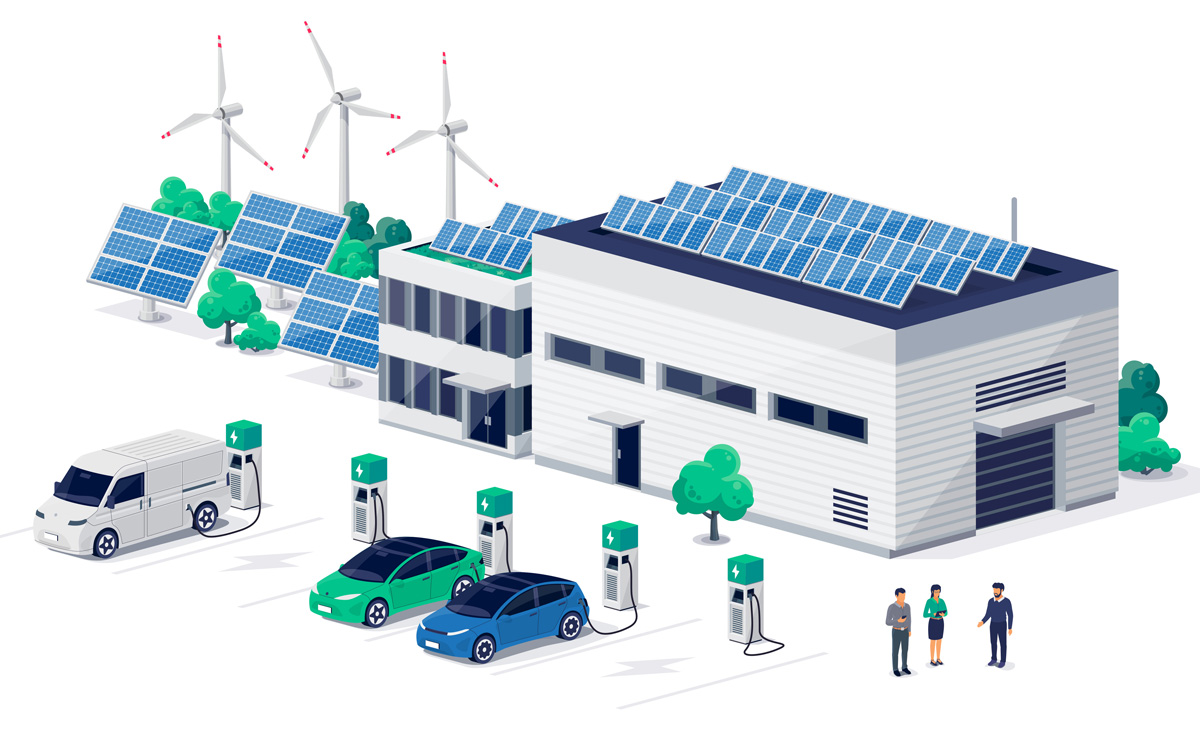

The DOE has announced a new Funding Opportunity Announcement (DE-FOA-0003136), which offers up to $65 million for Connected Communities 2.0, a program that “seeks to validate grid-edge technology innovations in real-world situations and provide new tools for utilities, grid planners and operators, automakers and smart charge management service providers.”
This FOA has two major topic areas:
- Connected Communities, focused on grid edge technical measures in buildings, industry and transportation to prepare the electric grid for expected new loads.
- Smart Charge Management, focused on urban, suburban and rural use cases to build confidence in smart charging as an effective approach for EVs to provide flexibility and value to the electric grid.
The first Connected Communities projects, launched in 2020, focused on integration of distributed energy resources to support a more variable grid. The 2.0 version aims to foster development of new technologies to ensure that the grid is flexible, resilient, and sized correctly to accommodate increasing loads from EV charging, data centers, and building and industrial electrification. Examples include managed EV charging, smart panels, energy storage and rooftop solar.
“It is vital that we plan for a power system that is secure, efficient and flexible, using grid edge technologies,” said Jeff Marootian, Principal Deputy Assistant Secretary for Energy Efficiency and Renewable Energy. “Connected Communities 2.0 will supercharge these efforts by forging innovations that can be replicated in communities across America while ensuring affordability, equity and resilience.”
One of the goals of Connected Communities 2.0 is to demonstrate how smart and coordinated management of EVs and other distributed energy resources can provide grid support, reduce system costs and encourage customer adoption.
This FOA targets several areas for research, development and demonstration, including field validation of smart charge management for EVs that can be deployed at large scale.
Required concept papers are due August 20, 2024, and full applications are due October 10.
Source: US Department of Energy









